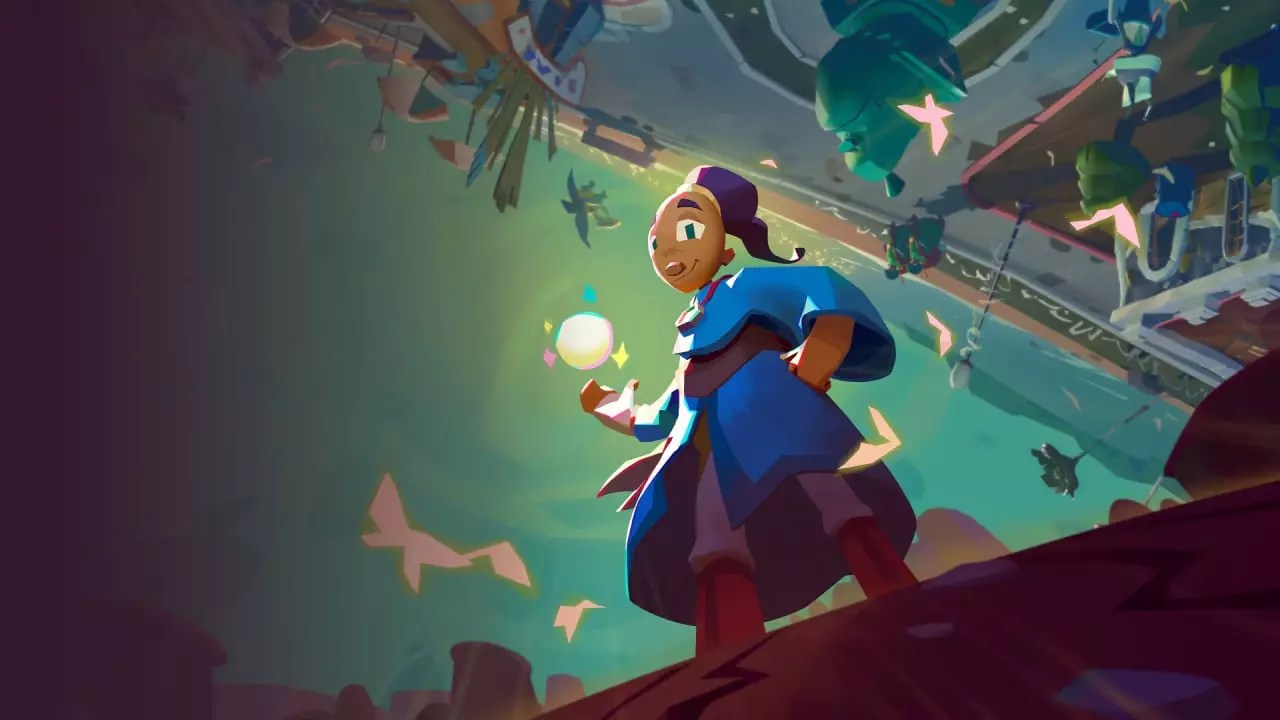In the landscape of retro gaming, few titles match the charm and eccentricity of *Little Big Adventure*, known in its sequel era as *Twinsen’s Quest*. First released on PC in late 1994 by the French studio Adeline Software, the game created a unique niche that resonated with many players, even if it didn’t achieve runaway commercial success. While time may have dulled the edges for some, the game remains alive in the hearts of its fans, lauded for its quirky atmosphere, innovative controls, and a narrative that revolves around a hapless hero caught in a struggle against tyranny. When we reflect on the original game, it becomes clear that the nostalgia surrounding it is tied to not just gameplay but the spirit in which it was made.
Fast forward to the present day, a beacon of hope arose when developer 2.21 announced a remake of *Little Big Adventure*. Drawing in some of the original team members, including Philippe Vachey, who revives a beloved theme tune, the aspirations for this remake encompass more than just a graphics overhaul; there’s a sense of duty to reinvigorate the original vision of a trilogy, a goal left unfulfilled nearly three decades ago. This brings us to a crucial aspect of any remake: the delicate balance between honoring the past and innovating for the future.
The revamped version remains faithful to the foundational storyline where Twinsen, our protagonist, finds himself imprisoned by the malevolent Dr. Funfrock, setting the stage for an epic journey filled with prophecies and familial quests. Such nostalgia is a double-edged sword; the challenge lies in producing something entirely new while still capturing the essence that originally enchanted players.
One key element that defined *Little Big Adventure* was its unconventional controls. Players managed Twinsen’s myriad moods to navigate different situations, from sneaking to fighting. While this unique mechanic provided an engaging layer of strategy at the time, the retrospective evaluation finds it a cumbersome system fraught with design dilemmas. The introduction of tank controls and a largely stilted movement dynamic compromised the gaming experience, triggering initial intrigue but eventually leading to frustration.
In the remake, the developers seem to have recognized this shortcoming, opting to eliminate tank controls altogether. However, the resulting navigation system is met with mixed feelings. The designers’ abandonment of the mood mechanics has led to a reliance on traditional movement mechanics, allowing Twinsen to run as a default, relegating walking to a mere toggle. While it enhances fluidity, it sacrifices depth and diversity, leading to a superficial exploration experience. The whimsical idea of mood-based navigation has faded, handing over the control framework to a more typical design that may alienate long-standing fans.
Visually, the remake adopts a 3D aesthetic, replacing the nostalgic pixel art with vibrant, albeit simplified graphics. The charmingly bizarre world of *Little Big Adventure* has been modernized, yet the new renders often lack the intricate detail that made the original inviting. The sound design, however, retains its whimsical charm while enhancing the overall experience. The boisterous sound effects harmonize beautifully with the colorful aesthetics, but lingering concerns about the overall polish of animations remain.
Animation, as a crucial component of immersion, feels somewhat lacking. Twinsen’s erratic movements often disrupt the flow of gameplay, creating a feeling of disconnection from the world. The game world itself is designed with fetch quests and whimsical interactions that highlight its eccentric charm—but it can induce moments of bewilderment, rendering the narrative progression tedious as players strive to connect item exchanges or dialogue threads.
Although the gameplay mechanics present challenges, the core narrative of *Twinsen’s Quest* continues to resonate with players. The journey of rediscovery marked by exploration remains the beacon of the experience. While fetch quests can be grating, the unfolding storyline still manages to grip players, merging quirkiness with heart. However, the developers must address the multiple bugs and frustrating moments that sometimes leave players adrift in incoherence—challenges that could easily mar the charm that the game strives to express.
The changes wrought by 2.21 in this remake stand as both improvements and lost opportunities. The enchanted allure of the first release has been largely preserved, but significant adjustments to gameplay dynamics and the presence of technical issues could cast a long shadow over its legacy.
The rebirth of *Twinsen’s Quest* is a fascinating endeavor marred by both triumphs and setbacks. As a testament to a beloved classic, this remake undoubtedly carves a new path in the gaming landscape. However, it struggles under the weight of its aspirations. The charming narrative and unique universe provide a solid foundation, yet frequent hiccups in design and execution leave the adventure in a precarious position. For newcomers and seasoned fans alike, *Twinsen’s Quest* serves as an intriguing glance back, yet the future of such remakes must heed the lessons of the past to rekindle the magic effectively.


Leave a Reply